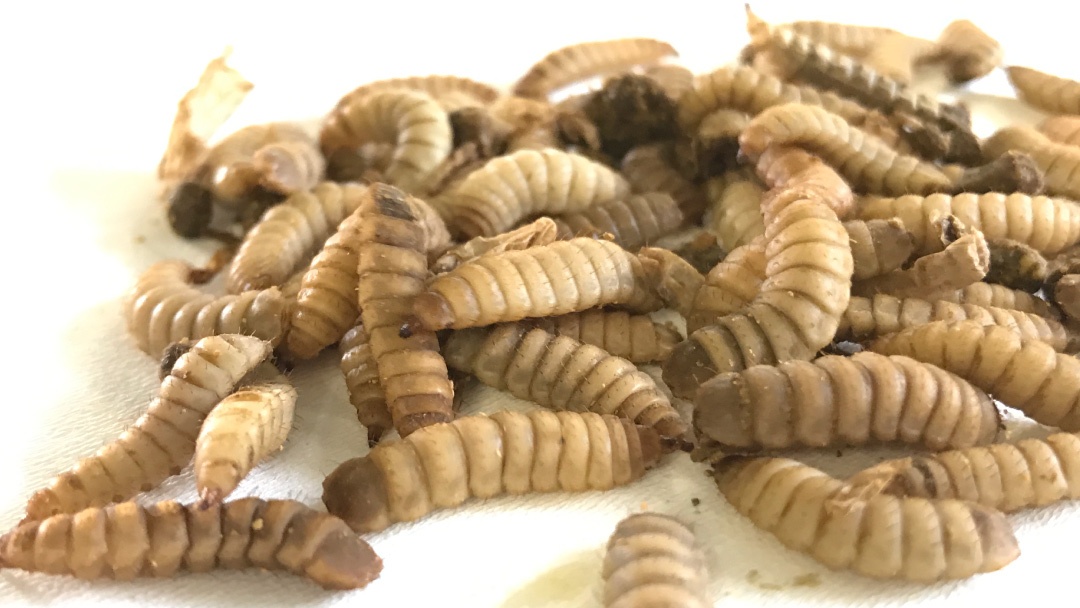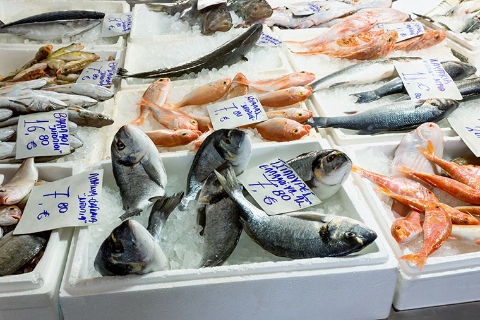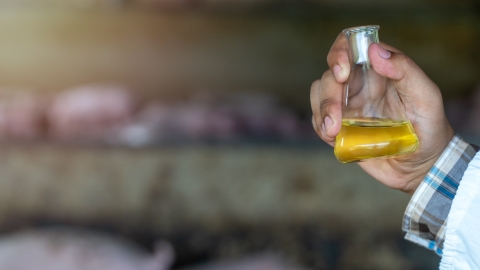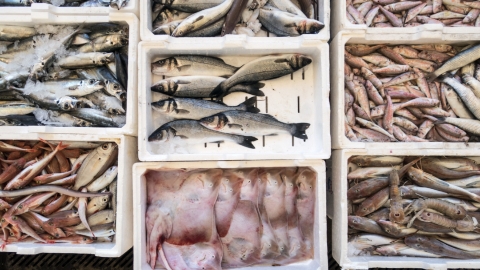
The inclusión of black soldier fly larvae meal in aquaculture feeds is showing promising potential for certain fish species, although it also represents nutritional drawbacks in others, according to a recent international meta-analysis of 30 peer-reviewed studies, published in the Journal of Insects as Food and Feed.
In common carp (Cyprinus carpio), the study reports a clear positive effect: an increase in protein content and a reduction in fat levels in the fillet, with no changes in moisture or ash content. This outcome is nutritionally relevant, as it enhances the product’s profile without any detectable adverse effects.
Similarly, rainbow trout (Oncorhynchus mykiss) also showed beneficial effects, including brighter fillet appearance (higher L values*) and increased levels of saturated fatty acids and omega-6 polyunsaturated fatty acids, along with a modest rise in fat. These changes may contribute to improved texture and longer shelf life.
In contrast, results were less favourable for marine species such as gilthead sebream (Sparus aurata) and Atlantic salmon (Salmo salar).
In seabream (Sparus aurata), the use of fly meal led to a significant drop in protein content, as well as in ash levels and omega-3 EPA. While total fat and certain fatty acids increased, the imbalance between omega-6 and omega-3 could potentially undermine the nutritional value of the fillet.
For Atlantic salmon (Salmo salar), although EPA and DHA levels remained stable, there was a decline in protein, moisture, monounsaturated fatty acids, and omega-6, along with a rise in overall fat content. This may have negative implications for both sensory quality and the fillet’s healthy profile.
The authors caution that these findings should not be generalised without nuance. “The impact of black soldier fly meal on fillet quality is complex and species-dependent,” the expalin in the article, also highlighting other influencing factors such as trial duration, inclusión rate, rearing temperatura and diet composition.
While black soldier fly meal offers a sustainable alternative to fishmeal, the study notes that its inclusion must be carefully balanced to maintain nutritional quality-particularly in species less capable of synthesising essential fatty acids like DHA and EPA.
Reference:
Hung Quang Tran, Tram Thi Nguyen, Margareth Øverland, Laura Gasco, Luisa M.P. Valente, Vlastimil Stejskal. Influence of dietary black soldier fly (Hermetia illucens) meal on the quality attributes of aquaculture fish products: a meta-analysis. Journal of Insects as Food and Feed. https://doi.org/10.1163/23524588-bja10236



